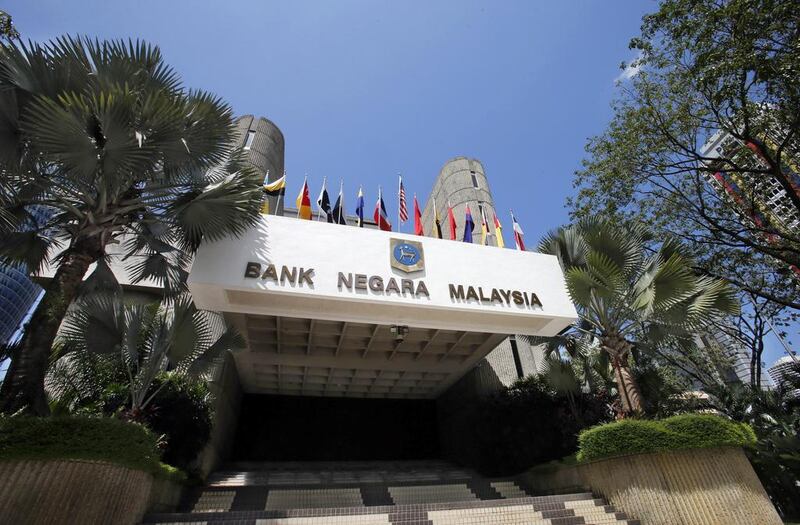Sukuk issuance plunged in the first five months of this year after Malaysia’s central bank stopped issuing short-term Islamic bonds, data from Standard and Poor’s showed.
Issuance fell to US$33.7 billion in the year to May 31, down from $50.5bn in the same period of last year, according the rating agency’s figures.
Bank Negara Malaysia (BNM), the country's central bank, was responsible for about $10bn of sukuk issuance last year, mostly in short-term sukuk with tenors of three months.
Overall sukuk issuance excluding BNM was down 5.1 per cent against the previous year’s figure of $35.5bn. A spokesman for BNM confirmed that the central bank had not issued short-term sukuk in 2015. Malaysia’s central bank believes that there has been sufficient liquidity in the country’s Islamic capital markets since the start of the year, the spokesperson said.
Malaysian central bank officials were concerned that their short-term sukuk were being primarily used by foreign banks to address their liquidity needs, and did little to improve liquidity in the domestic financial market, a person familiar with the decision said.
Short-term sukuk are used by Sharia-compliant lenders to address their day-to-day liquidity needs.
The Basel III international banking standards require lenders to hold liquid assets sufficient to allow them to survive 30 consecutive days of net cash outflows. But a dearth of Sharia-compliant liquid assets means that Islamic banks struggle to meet this requirement without simply holding assets as cash. Conventional money market operations, and the issuing of commercial paper, is forbidden under Sharia, in which transactions must be backed by real assets.
Demand for sukuk from investors outside the Islamic world has been significant, because sukuk trade at a slight premium to equivalent conventional fixed-income instruments, said Mohamed Damak, head of Islamic finance at S&P.
But a shortage of supply characterises an industry segment in which highly-rated sovereign issuances are sought after and many times oversubscribed.
The collapse in the price of oil could further harm sukuk issuance, as companies and government-related entities in hydrocarbon-exporting countries find their need for project financing reduced, Mr Damak said. Gulf petrostates “don’t really have a culture of financing deficits by using debt or capital market instruments [such as sukuk] – governments use their reserves instead”.
He added: “The good news is that there are a lot of new issuers in the market, and they are to some extent supporting the total amount of issuance in the market.”
In January, S&P had warned that global sukuk issuance would be flat this year compared to the previous two years at between $100bn to $115bn amid emerging markets weakness and lower oil prices.
abouyamourn@thenational.ae
Follow The National's Business section on Twitter





